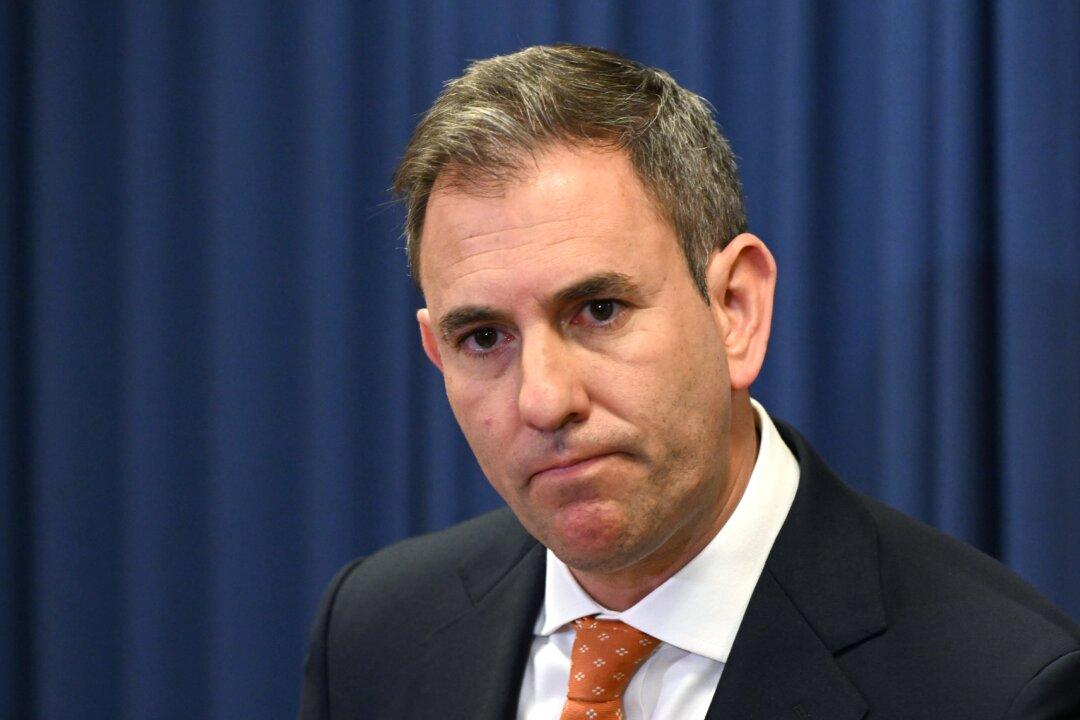Treasurer Jim Chalmers has cited global economic instability as a major contributor to Australia’s inflation struggles.
These struggles continue to challenge the nation while other advanced economies show signs of improvement.

Treasurer Jim Chalmers has cited global economic instability as a major contributor to Australia’s inflation struggles.
These struggles continue to challenge the nation while other advanced economies show signs of improvement.